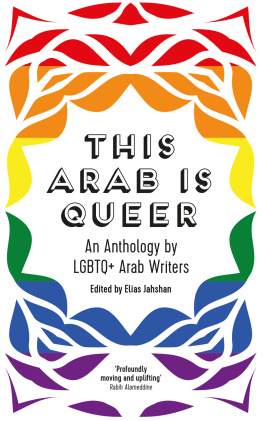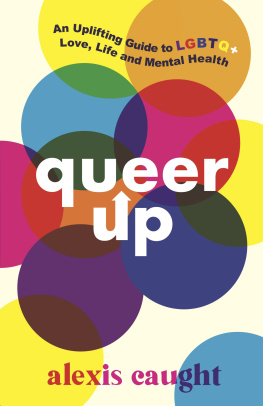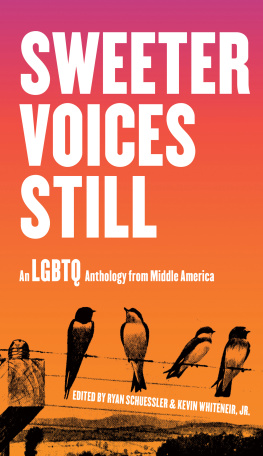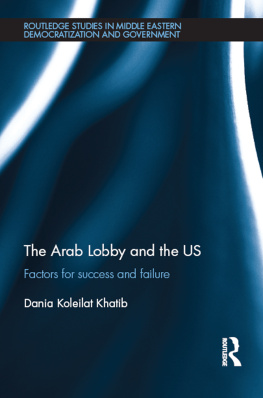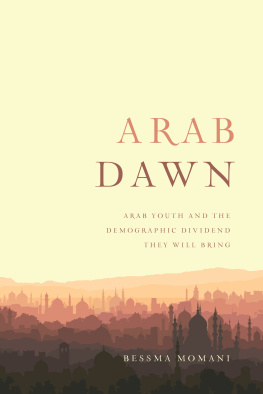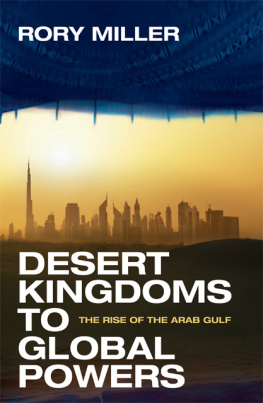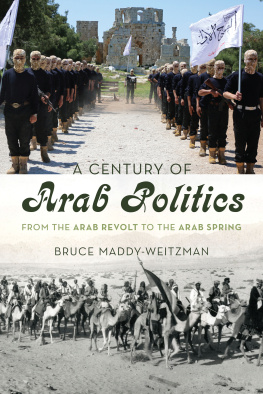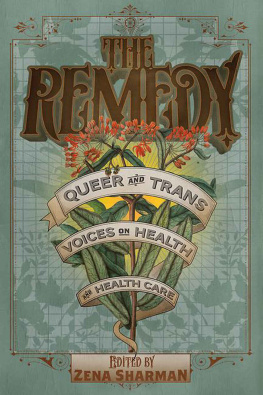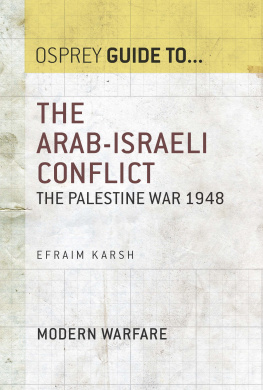Contents
Guide
THIS ARAB IS QUEER
Elias Jahshan (he/him) is a Palestinian-Lebanese-Australian journalist and writer. He is a former editor of Star Observer, Australias longest-running LGBTQ+ media outlet, and a former board member of the Arab Council Australia. His short memoir Coming Out Palestinian was anthologised in Arab Australian Other: Stories on Race and Identity (Picador, 2019), and he has written freelance for outlets including The Guardian, SBS Voices, My Kali and The New Arab. Born and raised in western Sydney, he now lives in London.
SAQI BOOKS
26 Westbourne Grove
London W2 5RH
www.saqibooks.com
Published 2022 by Saqi Books
Copyright Elias Jahshan 2022
Elias Jahshan has asserted his right under the Copyright, Designs and Patents Act, 1988, to be identified as the editor of this work.
Copyright for individual texts rests with the contributors.
Every reasonable effort has been made to obtain the permissions for copyright material reproduced in this book. If any have been inadvertently overlooked, however, the publishers will correct this in future editions.
This book is sold subject to the condition that it shall not, by way of trade or otherwise, be lent, resold, hired out, or otherwise circulated without the publishers prior consent in any form of binding or cover other than that in which it is published and without a similar condition including this condition being imposed on the subsequent purchaser.
ISBN 978 0 86356 478 9
eISBN 978 0 86356 975 3
A full CIP record for this book is available from the British Library.
Printed and bound by CPI Group (UK) Ltd, Croydon CR0 4YY

CONTENTS
ELIAS JAHSHAN
INTRODUCTION
In This Arab is Queer, eighteen writers share a personal story that is close to their hearts, one which they havent had the platform to write about before now. This ground-breaking collection subverts stereotypes and elevates voices identifying across the full LGBTQ+ spectrum lesbian, gay, bisexual, trans, queer and non-binary and hailing from eleven Arab countries, both from the Gulf, Levant and North Africa, and from the diaspora (either as immigrants, children of immigrants, or recent refugees).
These writings assert our existence and agency as a community, and also celebrate our varied experiences. Here, readers will find stories of love and pride, heartbreak and empathy, courage and humour. This is a space where the microphone is entirely the writers own. To the best of my knowledge, it is the first collection of its kind.
Many readers will know that most Arab countries criminalise homosexuality. The level of enforcement varies from country to country. In Egypt, recent police crackdowns carried out on queer people have resulted in scores being imprisoned, and sometimes tortured. In Lebanon, laws against homosexuality are not generally enforced, allowing for a visible queer community to thrive in the capital Beirut. In a few countries namely Jordan and Palestine (except for the Gaza Strip) homosexuality is not a crime, though laws protecting the community from discrimination are virtually non-existent. In a handful of other countries Saudi Arabia, Yemen and in some cases in the UAE and Iraq homosexuality is punishable by death.
It is interesting to note that many of these restrictions stem from inherited European colonial laws that were informed by a Christian understanding of morality. When the West talks about homophobia in the Arab world or among global diasporic communities, the focus is on how Islam or traditional Arab attitudes are at the root of hostility toward LGBTQ+ Arabs, which is an essentialist and simplistic approach. On the flipside, patriarchal norms are deeply embedded in Arab culture and is an important reason for the rampant discrimination, criminalisation and deep cultural stigma of queer people.
As a gay Arab writer and journalist, and in my stint as editor of Australias longest-running queer media outlet, Star Observer, I have observed that Western media outlets often focus on sensationalist news stories. Well-known examples include gay men being thrown from rooftops during Daeshs reign of terror in Syria and Iraq, or homophobic attacks in Morocco after Instagram influencer Sofia Taloni told her followers to use gay dating apps to locate and publicly out gay people. The issue isnt that these events are covered of course; its that the media seemingly only pay attention to negative stories, and rarely engage with Arab voices directly.
A rising number of LGBTQ+ Arabs are stepping forward to tell stories about queer life, however. Their stories are complex and go beyond the usual narratives of state-sanctioned discrimination or family homophobia and transphobia.
While queer Arab writing in the Arabic language is scarce, mostly due to government-enforced bans and censorship, in the West it is not a new phenomenon. Since the 1990s, we have been gifted with wonderful works written by and about queer Arabs. To name a few: the trailblazing Koolaids: The Art of War (1998) by Rabih Alameddine; Abdellah Taas Salvation Army (2006); Saleem Haddads Guapa (2016); Danny Ramadans The Clothesline Swing (2017); Leila Marshys The Philistine (2018); Amrou Al-Kadhis Life as a Unicorn (2019); and Zeyn Joukhadars The Thirty Names of Night (2020) or more recent works by Zeina Arafat (You Exist Too Much, 2021), Randa Jarrar (Love Is an Ex-Country, 2021), Omar Sakr (Son of Sin, 2022) and Fatima Daas (The Last One, 2022). Such voices may not always be visible in mainstream outlets, but they are becoming more prolific.
LGBTQ+ Arabs are often asked how it is possible to be queer in our culture. We are expected to explain the ways in which homophobia can make our coming-out journeys a challenge, should we choose to embark on that journey. The question implies that Arabs do not have the capacity to be progressive. It also limits our ability to tell our stories on our own terms. In This Arab is Queer, we reclaim the narrative and show how we can comfortably be both.
Certain themes that are central to many lived experiences for queer Arabs emerge in this collection, such as coming-out stories, how it feels to be shoe-horned because of your identity, what it means to be unseen, or to have seen too much. The importance of friends, family and community is understood more keenly when read in tandem with essays on displacement and loneliness, such as in Dima Mikhayel Mattas This Text Is a Very Lonely Document, which articulates solitude and how it plays out with the journey as a non-binary person from Lebanon, with such eloquence; or Madian Al Jazerahs piece Then Came Hope, which explores the particular heartache of a gay Palestinian man who has been made diasporic three times over from Palestine to Kuwait, then onto Jordan and the US. In The Artists Portrait of a Marginalised Man, Danny Ramadan looks at how his cultural identity and sexuality play out in his writing, exploring the fraught path of a marginalised writer who is obliged to represent an entire community in their work, while being denied the artistic licence to centre on characters whose lives are not carbon copies of the writers own. Together, these pieces paint a portrait of what queerness across the Middle East and the diaspora looks and feels like today. In fact, its true to say every text in

